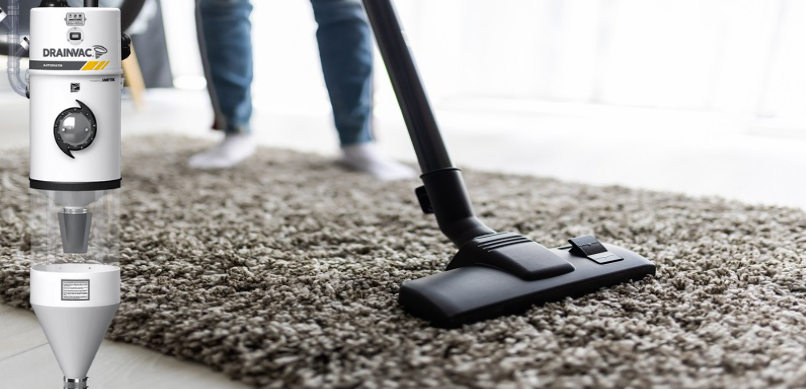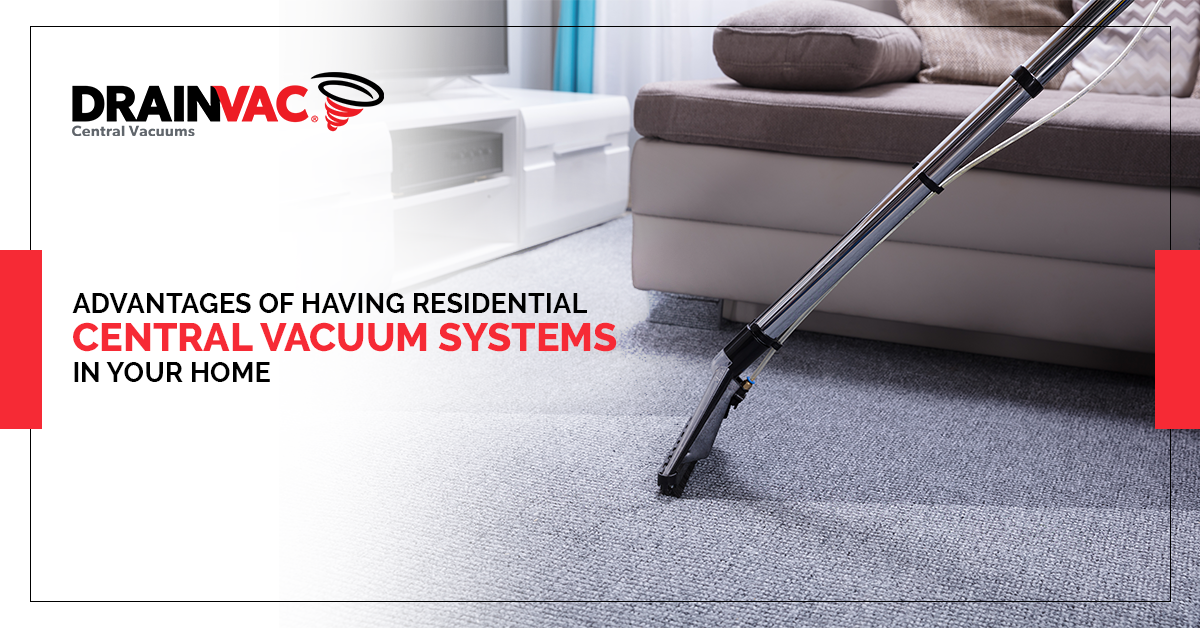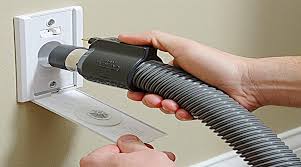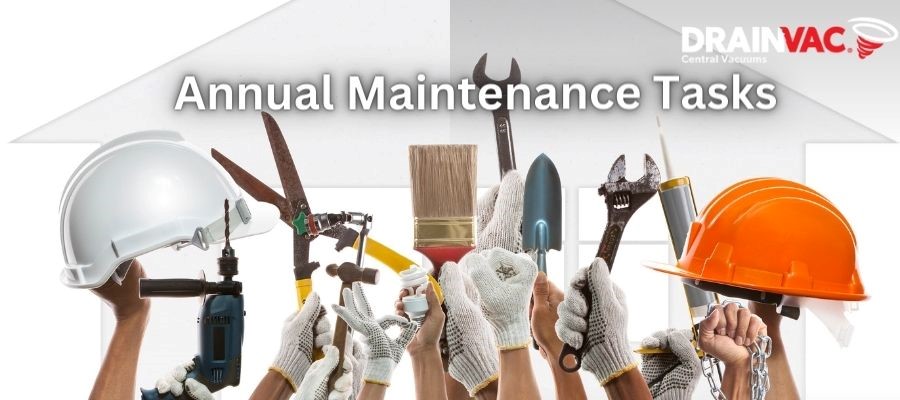2022-11-15

An industrial vacuum cleaner is a robust, factory-grade cleaning system or equipment that can remove factory or manufacturing waste, construction debris, or industrial refuse. An industrial vacuum cleaner is often also equipment or pieces of equipment put together as a system, that is also environmentally friendly since they can pick up materials with great precision, and also dispose of them without manual handling. An Industrial vacuum cleaner drives a high-pressure fan through alternating current, which creates negative pressure. This in turn creates a vacuum that pulls debris, dust and particulate matter into the collection space. The suction action that a vacuum performs is caused due to a difference in air pressure between the outside atmosphere, and internal pressure. The fan where an electric motor is driven by the alternating current that sucks pressure creating a negative pressure area inside the machine, i.e., a vacuum. Atmospheric pressure drives the air through the surface and nozzle so the particles and dust are picked up by the collection centre or vacuum bag. Industrial vacuum cleaners are safe, economical and efficient ways to clean chemical and oil spills, dust, debris and other waste. Consider factories where production lines run round the clock. It would cost millions in time and money to employ manual labour to clean around the clock. Additionally, if it involves handling chemicals or hazardous materials it would mean the workers would face a health and safety risk. The industrial vacuum cleaner is therefore a wonderful tool to create a safe, clean and uncluttered environment. It is very different from a handheld or central vacuum system used at home. Most of these are customised to suit industrial requirements specifically and could be instrumental in promoting safe environments. When designing a central vacuum system for a chemical plant, special considerations need to be made. Materials for the construction of the equipment need to be non-corrosive to the chemical pick up, and disposal should be safe. Next, the engineer needs to take into account if the chemicals are explosive or hazardous. Vents and nozzles or vacuum pans should be placed accordingly. Minimal human interaction should be allowed. Construction should also be hazard-proof and insulated. For food processing systems, two key components are required for an industrial vacuum system – the system needs to meet health and sanitary requirements, and most importantly it must be consistently running. Most food processing facilities are prone to and handle materials with moisture. This moisture can corrode and destroy fans, machinery and other components. A design engineer would therefore have to choose materials that are refrigeration safe, moisture-resistant and may have to remove odours as in meat or raw food processing facilities. In painting facilities or paint manufacturing units, the ventilation system needs to be designed such that the equipment can be opened up easily for cleaning of internal parts. Paint facilities handle a huge number of chemicals and dyes. Here the system needs to be designed with the special machinery in mind. Paint technology is highly niche and nuanced. Exhausts and fans need to be placed carefully. Vacuum cleaners are excellent pieces of equipment that remove dust, debris and unwanted material through negative pressure. Central vacuum systems are semi-permanent fixtures. This means the purchase price or cost of installation may seem a lot. But, when it comes to industrial solutions when you take manual labour, time and exposure into account, these central vacuum systems emerge as winners. Cleaning, especially in industrial settings is labour-intensive. There is a lot of time and energy spent in this activity. Some industries also handle hazardous waste and chemicals, where manual handling is not advisable. An industrial central vacuum system minimises human intervention and is effective in both time and money spending. Old-fashioned cleaning methods through mops and brooms are not deep cleaning devices. This means they may appear to clean the surface, but do not actually clean it. However, the biggest enemy of a machine is dust build-up. A central vacuum ensures that cleaning is effective and also efficient. Some models of vacuum systems also allow wet and dry cleaning and also use a cleaning agent. Sanitisation and deep cleaning are continuous with an industrial vacuum. Good quality industrial vacuum cleaners often employ HEPA filters that are proven to remove air contaminants and improve air quality. Allergens, pollen, and industrial fumes are all filtered out through this, thus maintaining good air quality and overall human health. We understand that every industrial vacuum system application has unique needs. We are an authorised distributor of Drainvac, which is a pioneer in this field with patented design. To know more, contact Cleair today.How does an Industrial Vacuum Cleaner Work?
Uses for Industrial Vacuum Cleaners
Industrial vacuums for different industries:
Chemical Plants
Food and Beverage Processing Plants
Painting Facilities
Why should you use an Industrial Vacuum Cleaner?
Light on pocket
Efficient and saves time
Powerful equipment
Health

Central vacuum systems have gained popularity f

SEO Description: Discover the

Explore the benefits of central vacuum systems,

Discover the perfect Drainvac central vacuum sy

Metadescription: Learn how to

